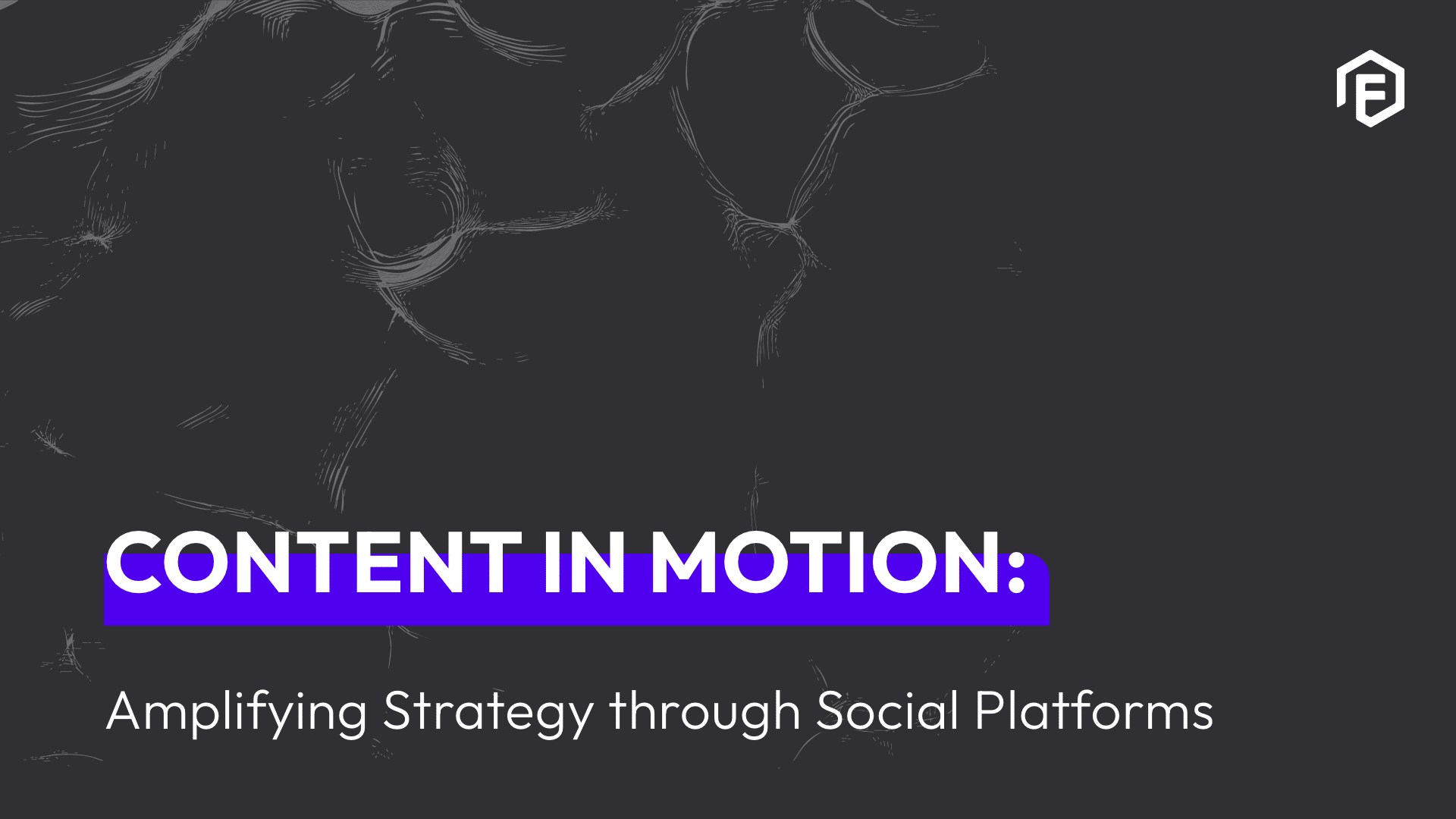While taking notes the other day in a meeting, my counterpart leaned over and, in no uncertain terms, told me that the notes I was so diligently taking were practically illegible. She was correct. I generally scribble notes, thoughts, doodles and to-do lists that are not 100% readable. Hell, most of the time I can’t understand them myself, due to the nonsensical nature of my unique spelling combinations, my blatant disregard for lines, my unwillingness to adhere to the rule that says the written word needs to flow from left to right and top to bottom, and my unshakeable belief that grammar is irrelevant and one simply needs to “sprinkle” written work with a few random full-stops, mimicking the look of day-old confetti on the church steps.
I openly admit that my signature writing style is uniquely mine, thanks in large part to my appalling spelling (never my strong point, and even today, not particularly high on my list of personal attributes to work on) coupled with the deeply rooted belief that punctuation has the devastating effect of interrupting the rapid flow of information that I am trying to convey.
The reason I am so willing to not only admit the eccentricity of my ineffective note-taking methods is simple – this is a true representation of the miscommunication that occurrences daily within my life.
I find that I am generally misunderstood. The methods I employ to communicate ideas, thoughts or job-related information don’t always make it easy for those around me to receive my message – leaving them slightly confused, and leaving me with the lingering feeling that even attempting the act of effective communication is a waste of precious time.
My day job consists largely of acronyms (CPC, CPM, DFP, etc.). Coming to grips with the jargo requires nothing more than a glossary and a little practice – easy solve. But what about the other discussions? The emails? The instant messages? Even the casual water-cooler catch-ups? There’s no guide book for that. We are all victims of our grasp of the language we speak, our perceptions of the world and our places in it. Any message – after going through the filters of my objective in speaking a thought, another party’s objective in understanding it, context, biases, internal associations and processing patterns – is changed forever in countless ways the moment it is uttered. Every person derives unique meaning from even the most mundane string of words – and that’s where miscommunication creeps in.
This is not a new thought (of course it isn’t. It’s an old thought, made new by my own phrasing and interpretation). The failures and limits of language have for centuries been examined, documented and discussed.
And this is why I so admire the Lewis Carroll poem “Jabberwocky” – considered to be one of the greatest nonsense poems written in English. These nonce words (words invented specifically for an occasion), don’t limit Carroll’s vocabulary, but expand it beyond imagination. As Wikipedia puts it, “the poem relies on a distortion of sense rather than “non-sense”, allowing the reader to infer meaning and therefore engage with the narrative while lexical allusions swim under the surface of the poem”.
Being able to convey the core of greater understanding without being limited to only a “close but no cigar” approximation of meaning through bucket-loads of adjectives is invigorating. It just goes to show that it’s not the words themselves that carry meaning, it is the personal frame of reference, understanding and context of the person or people you are communicating with.
As words like “`Twas brillig, and the slithy toves Did gyre and gimble in the wabe“ wash over you, you are able to experience the poem, feel the movements of the “slithy toves” and see “brillig” in your mind’s eye.
I have resigned myself to being permanently misunderstood, illegible ramblings and all, and I seem to go through life dwelling in the shadow of ambiguity. Perhaps bigger and better use of my own brand of nonce-words is the answer to represent the conundrum that is me.
By connecting with people who seem to understand “Lauren”, I feel I am able to convey my personal protologism freely, and they, in turn are able to infer my meaning, understand without having to worry about the inconvenience of pointless predefined words.
So “Come to my arms, my beamish boy!
O frabjous day! Callooh! Callay!’
– Jabberwocky by Lewis Carroll



